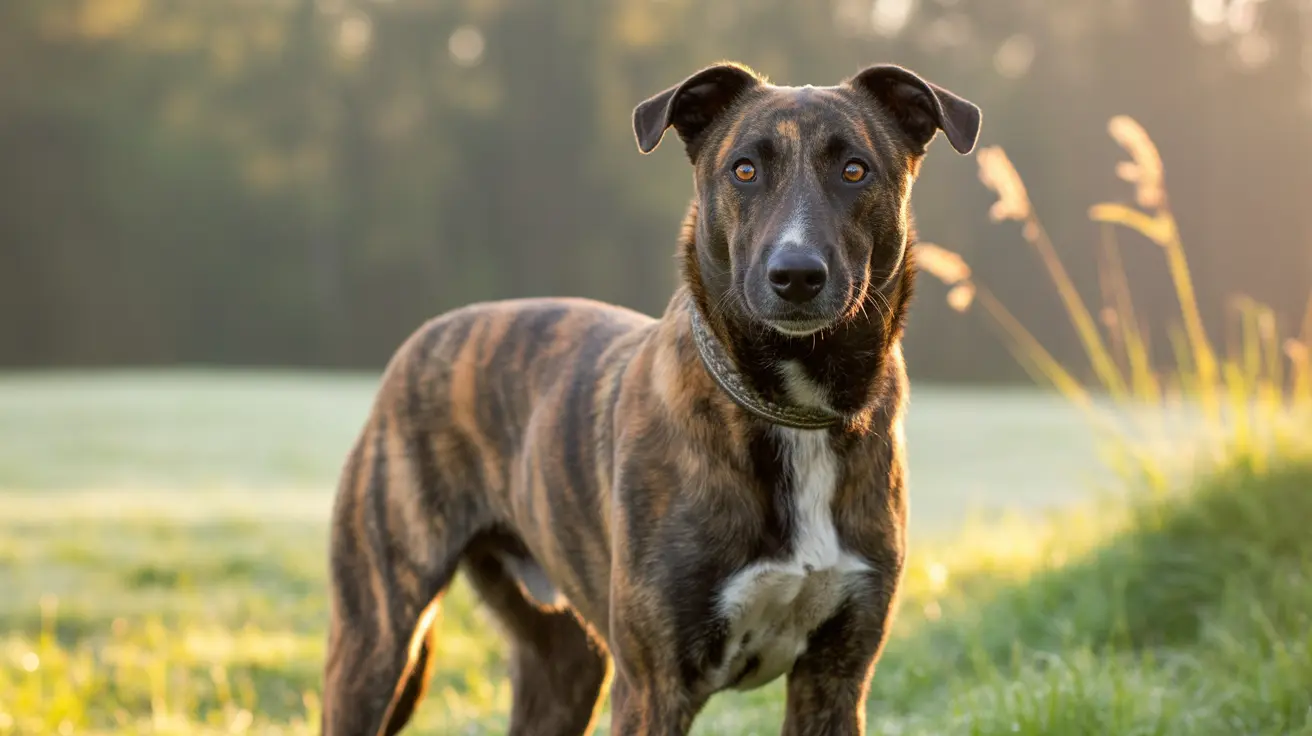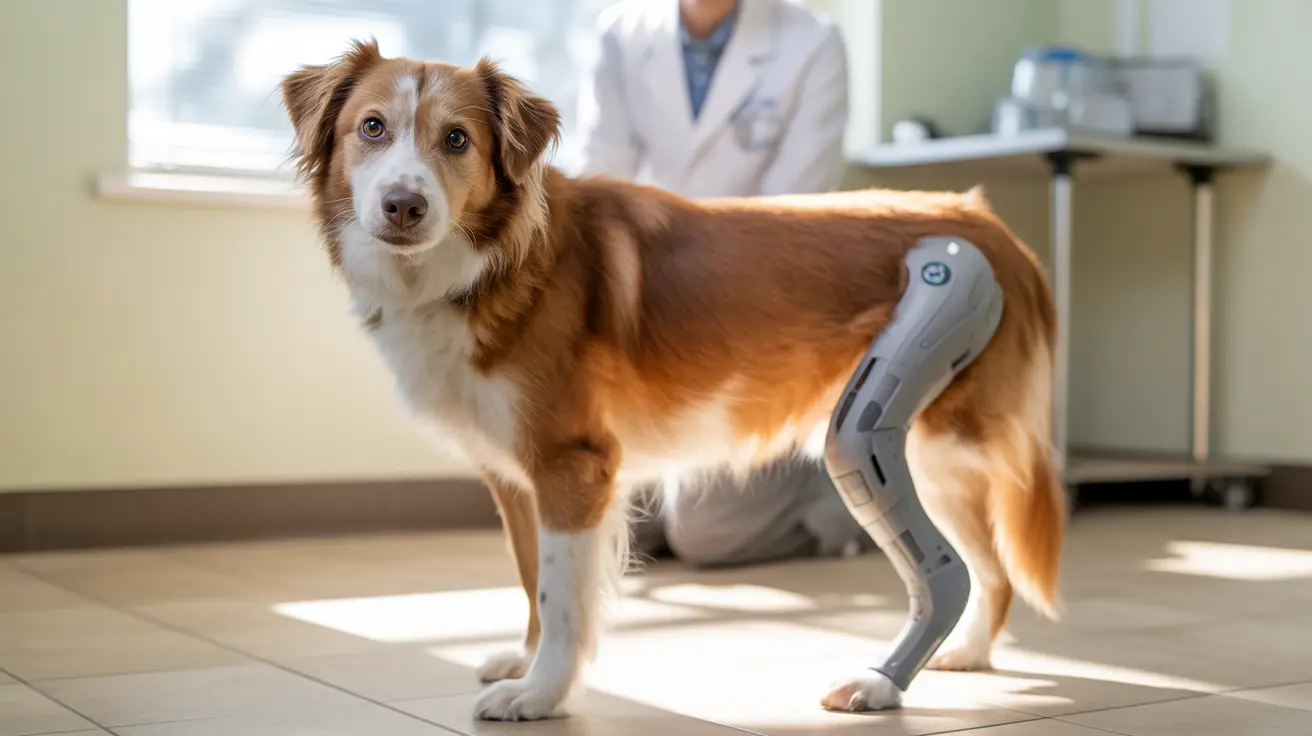As a pet owner, you've likely wondered whether it's safe to share food from your kitchen with your furry friend. When it comes to the question "can dogs eat garlic," the answer requires careful consideration. While garlic offers numerous health benefits for humans, its effects on dogs are quite different and potentially dangerous.
In this comprehensive guide, we'll explore the risks of garlic consumption in dogs, understand the science behind garlic toxicity, and learn what to do if your dog accidentally consumes garlic. We'll also address some common misconceptions and provide clear guidance for pet owners.
Understanding Garlic Toxicity in Dogs
Garlic belongs to the Allium family, alongside onions, leeks, and chives. These plants contain compounds that can be toxic to dogs, particularly thiosulfate. Dogs' bodies cannot process this compound effectively, which can lead to serious health complications.
What makes garlic particularly concerning is that dogs are approximately five times more sensitive to it than to other members of the Allium family. This heightened sensitivity means even small amounts could potentially cause problems for some dogs.
The Science Behind Garlic's Effects on Dogs
When dogs consume garlic, the thiosulfate compounds can trigger oxidative damage to their red blood cells. This damage can result in hemolytic anemia, a condition where red blood cells are destroyed faster than they can be replaced. The process can significantly impact your dog's ability to transport oxygen throughout their body.
Signs of Garlic Toxicity in Dogs
If your dog has consumed garlic, watch for these common symptoms:
- Lethargy and weakness
- Pale gums
- Vomiting and diarrhea
- Loss of appetite
- Rapid breathing
- Dark-colored urine
- Jaundice (in severe cases)
Emergency Response to Garlic Ingestion
If you suspect your dog has eaten garlic, take these immediate steps:
- Determine the amount consumed if possible
- Contact your veterinarian immediately
- Monitor your dog's symptoms
- Do not induce vomiting unless instructed by a professional
- Keep any packaging or remaining garlic for identification
High-Risk Dogs and Special Considerations
Certain dogs are particularly vulnerable to garlic toxicity:
- Japanese dog breeds (Akitas, Shiba Inus)
- Puppies and senior dogs
- Dogs with pre-existing health conditions
- Small breed dogs
- Dogs with compromised immune systems
Safe Alternatives for Dogs
Instead of garlic, consider these safe, healthy additions to your dog's diet:
- Fresh vegetables like carrots and green beans
- Lean, cooked meats
- Dog-safe fruits like apples (without seeds)
- Veterinarian-approved supplements for immune support
Frequently Asked Questions
Can dogs eat garlic, and what are the risks of garlic toxicity?
No, dogs should not eat garlic. The risks include hemolytic anemia, gastrointestinal upset, and potential organ damage. Even small amounts can be harmful to some dogs, particularly certain breeds and those with existing health conditions.
How much garlic is toxic to dogs, and what are the symptoms of garlic poisoning?
Toxicity can occur at doses of 15-30 grams per kilogram of body weight. Symptoms include weakness, pale gums, vomiting, diarrhea, rapid breathing, and in severe cases, collapse. Even smaller amounts can affect sensitive dogs.
What should I do if my dog accidentally eats garlic?
Contact your veterinarian immediately. Note the amount and type of garlic consumed, and watch for symptoms. Don't induce vomiting unless specifically instructed by a veterinary professional.
Are there any potential health benefits of garlic for dogs, and how can it be used safely?
While some holistic practitioners suggest minimal amounts of garlic might have benefits, the risks outweigh potential benefits. Most veterinarians recommend avoiding garlic entirely due to its toxic potential.
What alternatives to garlic can I use in my dog's diet for flea prevention and gut health?
Safe alternatives include veterinarian-approved supplements, probiotics for gut health, and natural flea prevention products. Consult your vet for specific recommendations based on your dog's needs.
Conclusion
When it comes to garlic and dogs, it's better to err on the side of caution. While accidental ingestion of tiny amounts might not always cause serious problems, intentionally feeding garlic to dogs is not recommended. Keep your dog safe by storing garlic securely and choosing dog-appropriate treats and supplements instead.






